
US Thanksgiving is this Thursday, and their friends across the ocean have something for the Apple Fanclub of bloggers and journalists to be grateful for: Canalys predictions that the Mac maker will be the No. 1 PC vendor next year -- gasp, possibly during holiday 2011. "HP and Apple will fight for top position in Q4, but Apple may have to wait for the release of iPad 3 before it passes HP", Canalys analyst Tim Coulling says.
It's an amazing proclamation, considering that IDC put Mac global share at a puny 5.2 percent in third quarter. You'll read lots of gleeful headlines today about how Apple is going to strip HP's britches, then leap to the top spot. Canalys' magical prediction is all about counting. Is a tablet a PC? The UK-based analysis firm says yes, and adding iPad to the mix pulls Apple up from the doldrums to the stratosphere.
I first asked the "Is Apple No. 1?" question that Canalys answers now in August 2010. The answer is hugely important and has far-reaching implications for Apple, perceptions about its future and how shareholders react in the early post-Steve Jobs era. Apple's a nobody at 5 percent, but the new kid in town if snatching HP's PC crown. Then there are the blogs and news stories pushed by the Apple Fanclub.
What's a PC?
Everything hinges on definition, which isn't as clear now as when I posed it 15 months ago. Gartner and IDC classify iPad and its Android competitors as media tablets, separate from PCs. They distinguish desktop operating systems like Windows from Android and iOS. Windows running on the Samsung Series 7 slate is a PC, while iPad is not, by their definition. Are they right?
Two factors muddle Gartner and IDC definitions: iOS 5 and Windows 8 on ARM processors. IDC defines a media tablet as a slate device ranging in size from 5 inches to as much as 14 inches and running so-called lightweight operating systems, such as iOS and Android OS, on ARM processors. The analyst firm classifies tablets running Windows on x86 processors as PCs. Windows 8 Metro will run on ARM processors, so will they not be PCs then? That's a definition question Gartner and IDC must address.
Then there is iOS 5 to consider. Over six months and several posts, I asked if Apple's tablet is a PC. February 2011 I answered: "iPad is not a PC". From the post:
As long as iPad requires a PC for activation and to receive operating system updates, it is a dependent device. Apple's tablet requires a PC to fully function. By comparison, I would rank the new generation of Android 3.0 "Honeycomb" tablets as PCs, based on function. Multi-core processors, improved graphic performance and Honeycomb will make tablets like the HTC Flyer, Motorola XOOM and Samsung Galaxy Tab 10.1 PC replacements for many buyers. Android has never been dependent on PCs. Account activation takes place from the device and all updates are sent over the air -- that is directly to the smartphone or tablet.
By the "it's dependent" reasoning, Canalys and DisplaySearch are both wrong to classify iPad as a PC. Many Betanews readers have expressed similar opinion in comments, and they're due some recognition.
Uh-oh, iOS 5 and iCloud pretty much liberate iPad from its PC dependence. Users can sync to the cloud and receive updates over the air. There's still strong argument that iPad is a PC-companion device but it's no longer wholly dependent on personal computers. But is it liberated? You tell me. I haven't used iPad since iOS 5's release. Is activation also OTA, or is a PC required? It's a small thing but factors into the definition.
But is that enough distinction? My wife's Kindle doesn't require a PC, but that surely doesn't make the e-reader one. Windows on ARM makes definitions murkier than iOS 5, I think. Some people will argue that if iPad replaces a personal computer then it's a PC. I disagree. CD players replaced vinyl record players but they're not counted as the same thing. They're different devices recokened separately. Same is true of VHS and DVD players. Replacement doesn't make one thing the other.
Is iPad a PC?
Hell, not even Apple counts iPad as a PC. Tablet and Mac sales are separate. Before his death Jobs spoke enthusiastically about the post-PC era, and he referred to iPad and iPhone in that context. Not even Apple's then CEO regards iPad as PC -- if it's a product leading the post-PC era. From that perspective, Canalys shouldn't classify iPad a PC, like smartphones aren't counted as PCs.
The definition really should apply the other way around -- tablet classification needs changing. Windows slates should count as tablets not as PCs based on form factor and function -- and why not, then, those running x86 processors. The classification is more sensible and, by that reasoning, means that iPad is not a PC and it's outrageous for Canalys to claim that Apple will be No. 1 next year based on current shipment growth trends. Similarily, I shouldn't call Android tablets PCs, either. So I correct myself. If iPads aren't PCs, neither are Android tablets.
By the way, Canalys refers to tablets as "pads" and predicts 59 million unit shipments for all 2011 -- 22 million in fourth quarter. I won't state PC market share for obvious reasons.
Do you agree? Is iPad not a PC? Please answer in comments below and take to poll above.



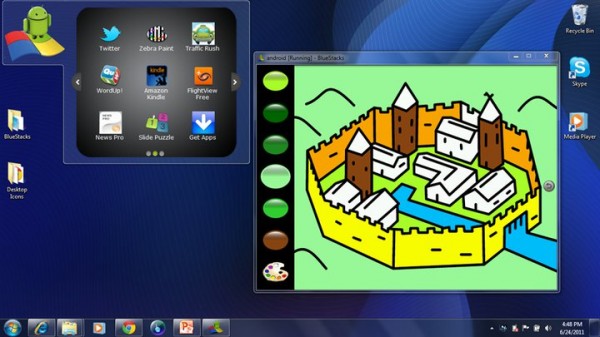


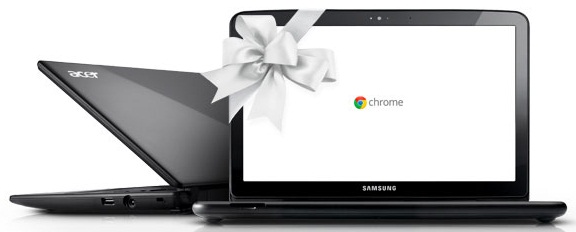
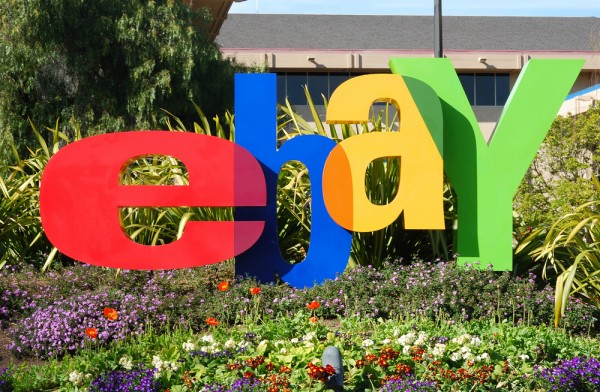
 Early Android 4.0 "Ice Cream Sandwich" adopters must do without Flash, as Google confirms that current versions are incompatible. However, Adobe says they won't wait long: a compatible Flash release should be available by the end of the year.
Early Android 4.0 "Ice Cream Sandwich" adopters must do without Flash, as Google confirms that current versions are incompatible. However, Adobe says they won't wait long: a compatible Flash release should be available by the end of the year.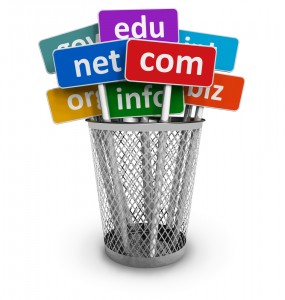
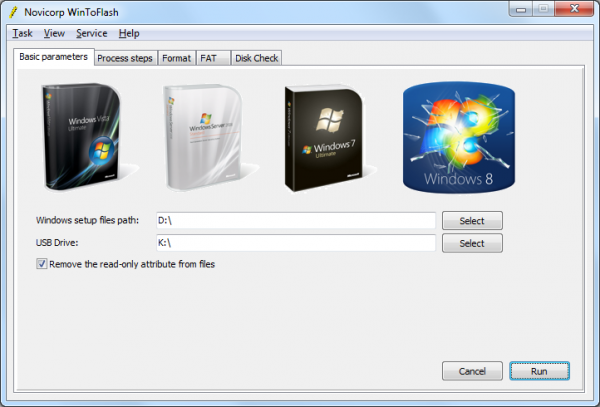
 The first public beta of
The first public beta of 